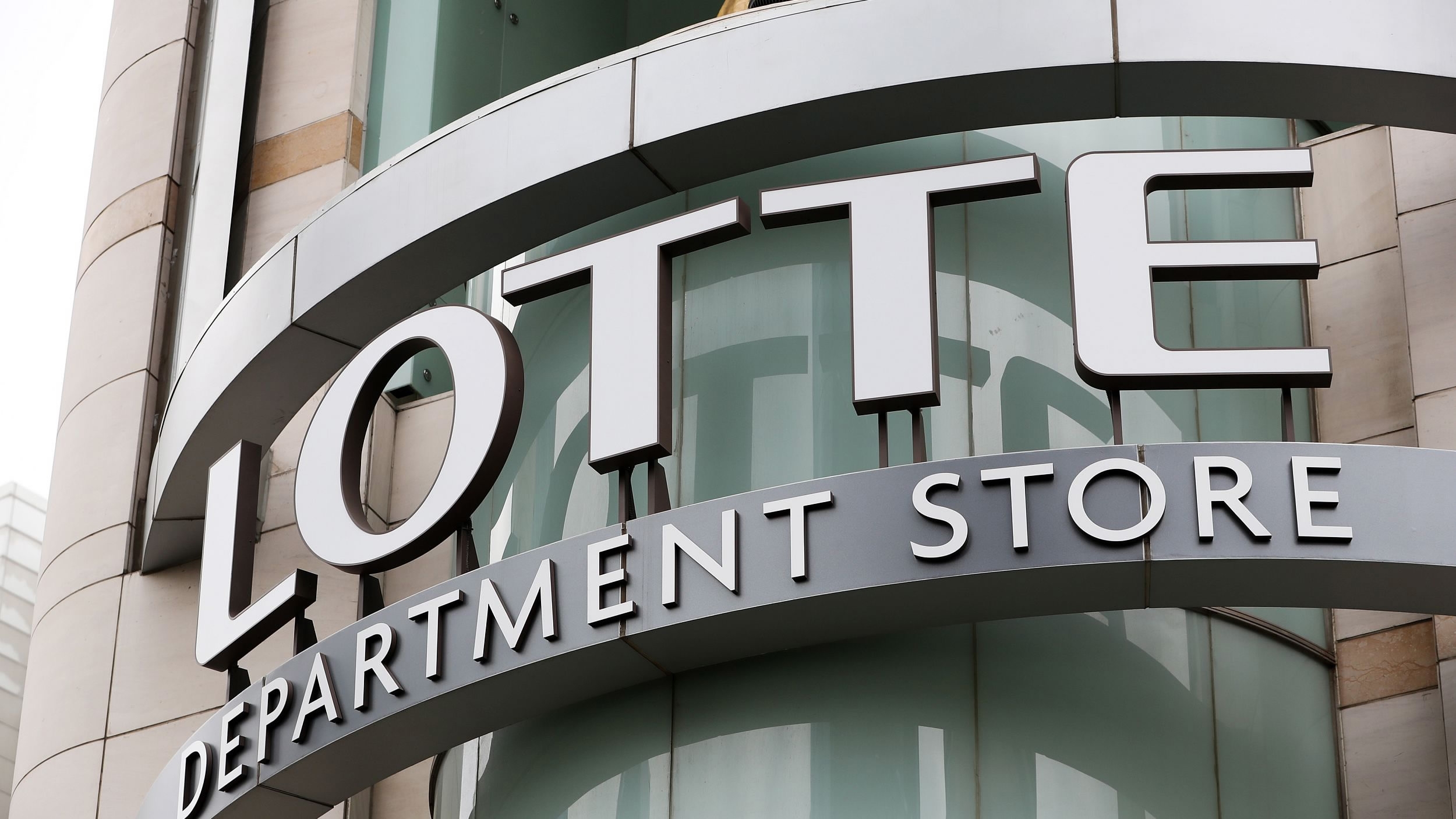
Business
19:24, 05-Sep-2017
Lotte threatens to shut down store without rent cut
By CGTN's Yang Jing

South Korea’s duty-free shop operators, including the country’s fifth largest conglomerate Lotte, require the Incheon International Airport Corp (IIAC) to cut rents due to the dramatic drop in the number of Chinese visitors caused by the controversial deployment of the US Terminal High Altitude Area Defense (THAAD) systems, South Korean media reported Monday.
Lotte Duty Free, one of the largest duty-free shop operators and most popular among Chinese visitors, has threatened to close its stores at the country’s symbolic gateway if the IIAC refuses to reduce the rent, The Korean Times reported, citing a Lotte official.
Several operators have officially made the request during a meeting with the IIAC last week, but no agreement has been reached, the report said.
Lotte, which has operated the largest space at the Incheon airport since 2015, paid 4 trillion won (3.5 billion US dollars) for five years, according to the report.
However, the country’s tourism and retail industries have suffered because the previous President Park Geun-hye insisted on deploying the system, which put off Chinese visitors, especially after March when the deployment started.
THAAD, which is claimed to be able to protect South Korea against DPRK’s missile attacks, has a range far beyond the claimed defensive purpose.
Chinese tourists to South Korea, who made up half the international tourists to the country in 2016, plunged more than 40 percent this year without any sign of an upwards trend, official data showed.
Many companies reported losses after losing Chinese consumers: Amore Pacific Group, a major South Korean skincare and cosmetics producer, saw a 60 percent year-on-year profit drop from March to June.
Hyundai Motor, South Korea’s leading auto maker, also saw a 48 percent year-on-year profit decline in the second quarter.
Moreover, media reports said Hyundai’s joint venture in China has halted production twice in the past two weeks due to week demand and delayed payment to suppliers.
Rising geopolitical risks continue to hit hard South Korea's tourism industry. After the latest DPRK missile test, Asian Review reported Tuesday that Japan is considering an emergency plan including discontinuing inessential travel to South Korea.

SITEMAP
Copyright © 2018 CGTN. Beijing ICP prepared NO.16065310-3
Copyright © 2018 CGTN. Beijing ICP prepared NO.16065310-3